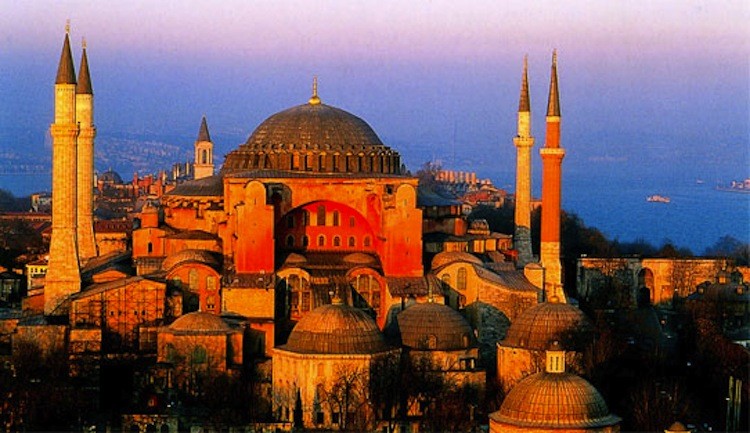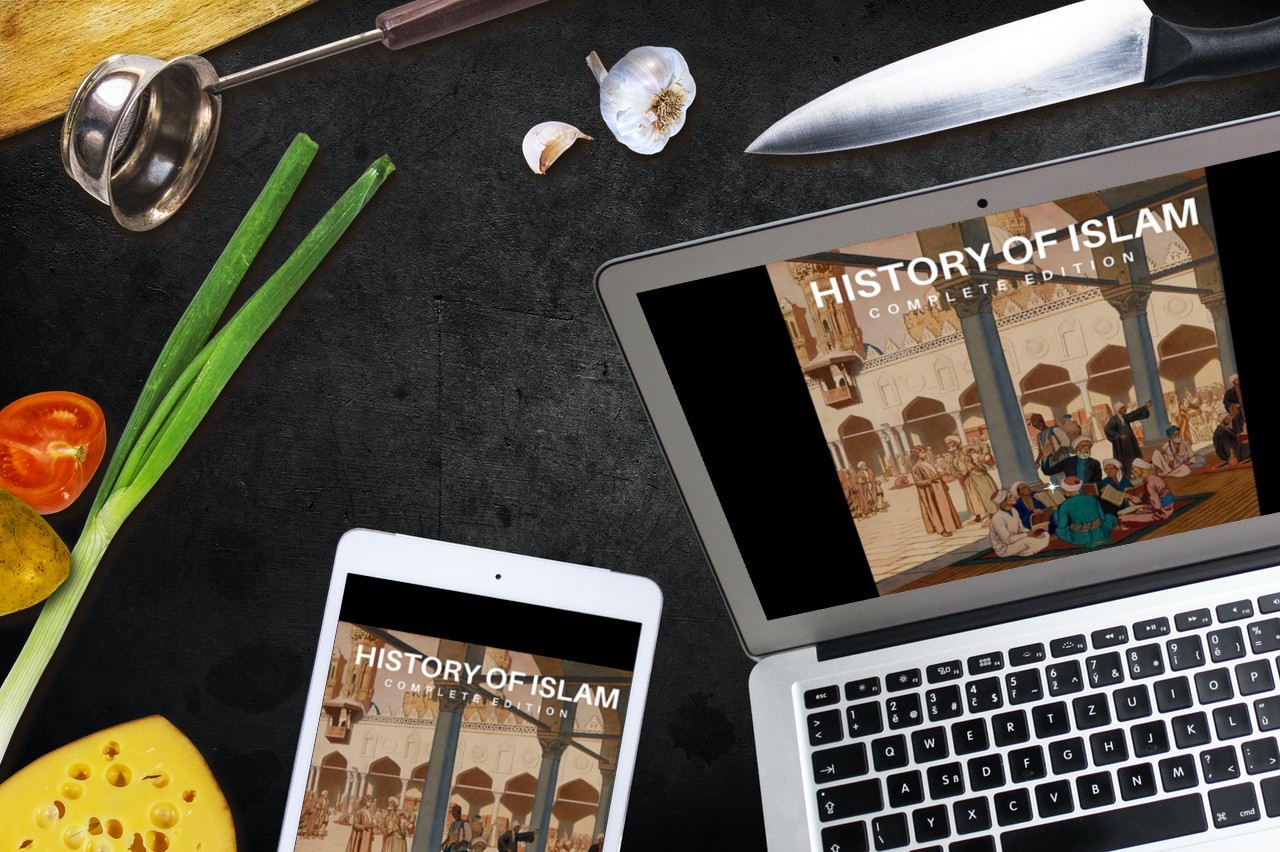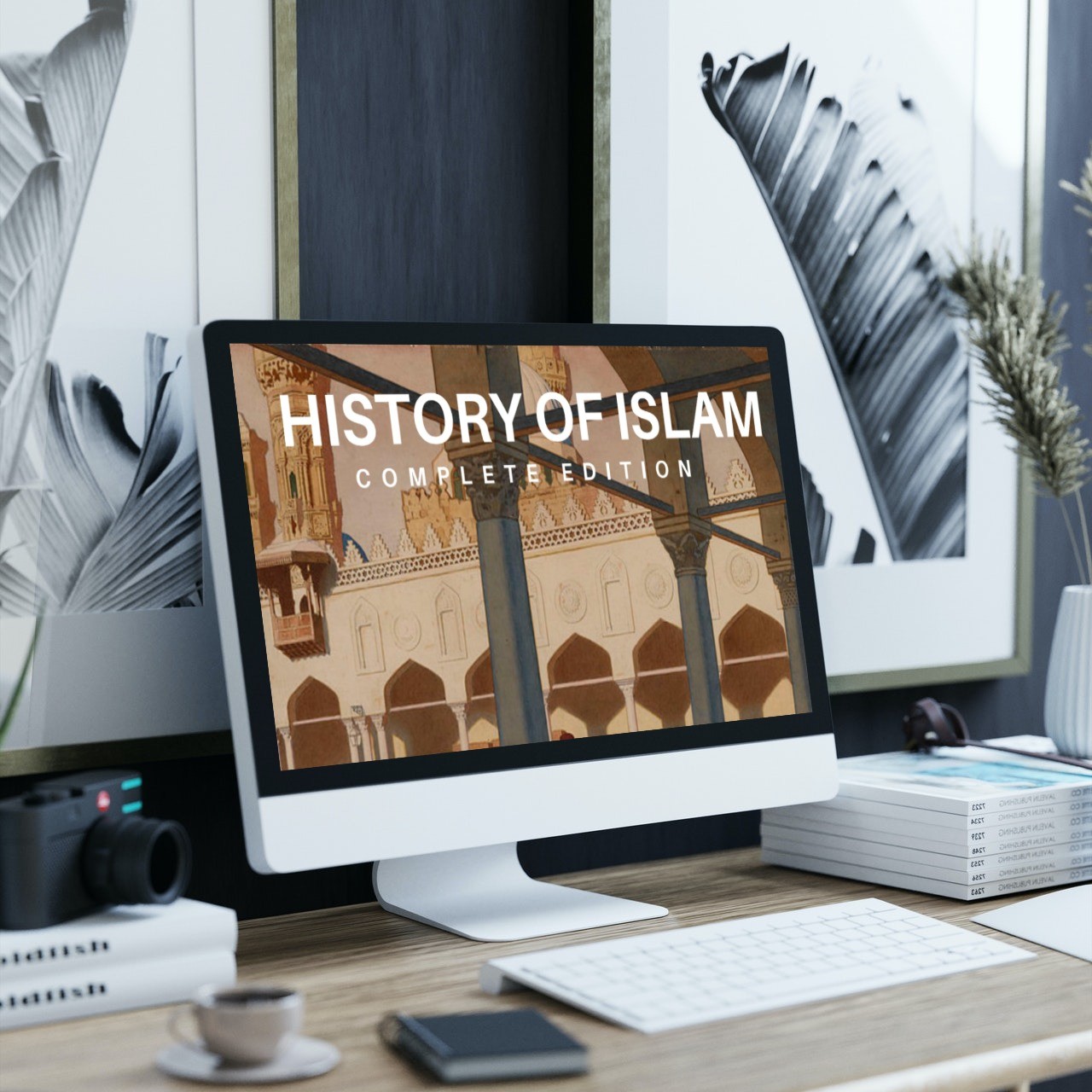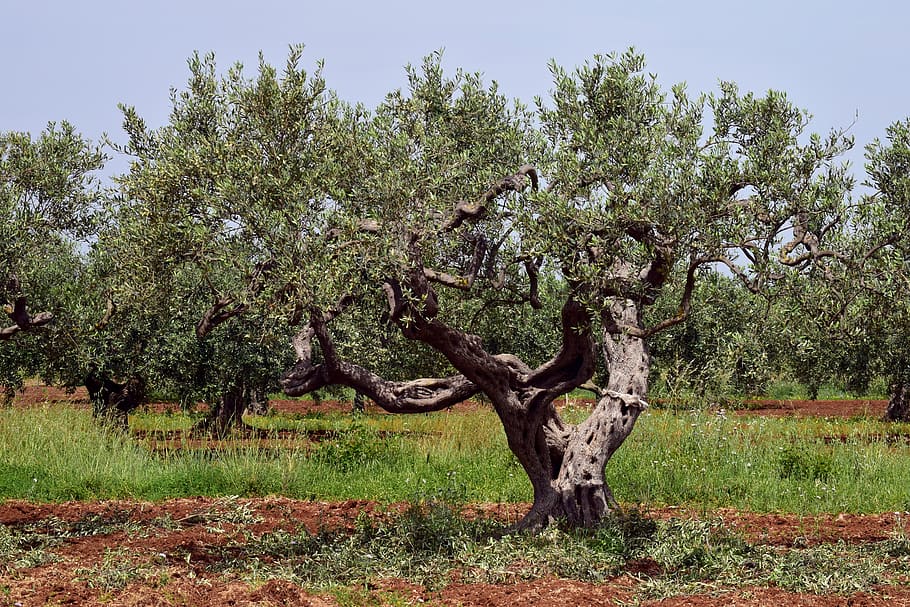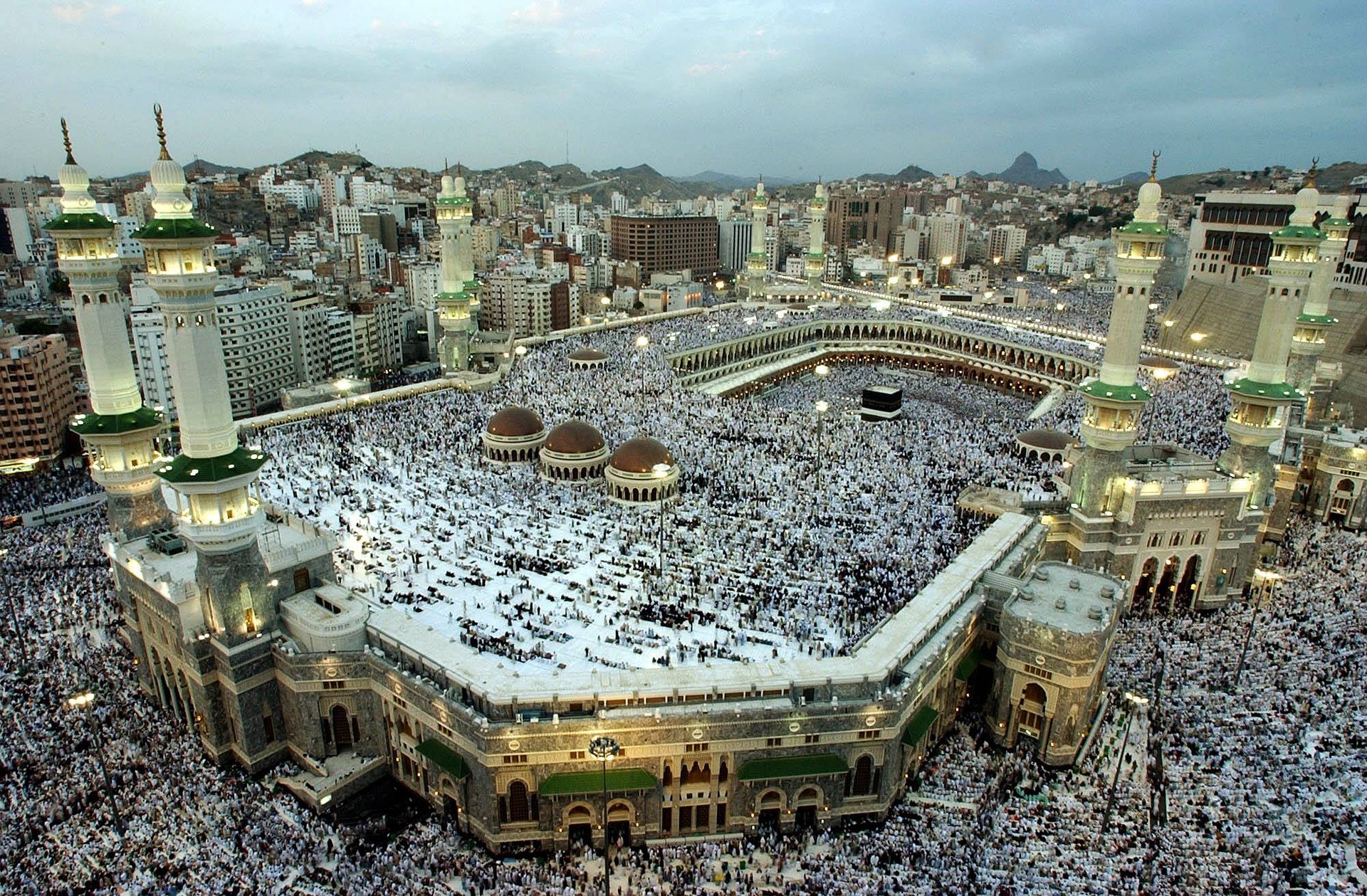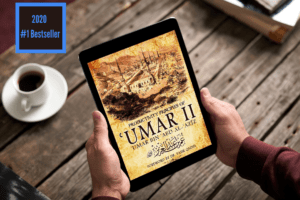I’m excited to announce that my newest course “History of Islam” is now available via Gumroad. This is a 30 video series, which I spent the bulk of 2021 recording. Through pandemic/lockdowns, the riots/looting, and the losses of several loved ones, I continued to work on it. I almost gave up at several points this year, but forced myself to complete it. The course is now available and has over 20+ hours of content. I hope you all find it beneficial.
A deep dive into Muslim history unlike anything you ever witnessed before!
Finally, a course that covers the entire history of the Muslim world in 30 amazing videos.
Join us on a life-changing journey across the great empires of old.
Explore the world of the Umayyads, Abbasids, Ottomans and more with in in-depth video series that covers the history of Islam in a comprehensive and engaging manner.
In this course, Shaykh Ismail Kamdar will take you on a journey through the past 1400 years, starting with the life of the Prophet Muhammad (peace be upon him), through the eras of the Rightly Guided Caliphs, the Umayyads, Abbasids, Ayyubis, Mamluks, Ottomans, all the way into the 21st Century.
Experience the Highs and Lows of Muslim History in this deep intensive course, that is the result of over a year of research and preparation.
Course Breakdown:
1) Introduction (44:47)
2) Seerah Summarized – Part 1 (52:51)
3) Seerah Summarized – Part 2 (53:58)
4) Seerah Summarized – Part 3 (46:37)
5) Rashidite Caliphate – Part 1 (55:06)
6) Rashidite Caliphate – Part 2 (49:40)
7) The Early Umayyads (Muawiyah-Marwan) (67:36)
8) The Umayyad Empire (Abdul Malik-Suleiman) (50:14)
9) The Umayyad Empire (Umar II-Marwan II) (46:29)
10) The Abbasid Empire – Part 1 (55:02)
11) The Abbasid Empire – Part 2 (51:46)
12) Al-Andalus – Part 1 (61:31)
13) Al-Andalus – Part 2 (49:45)
14) The Golden Age – Part 1 (36:05)
15) The Golden Age – Part 2 (47:02)
16) The Crusades & Salahudin (52:47)
17) The Fatimids & the Later Crusades (53:03)
18) The Mongols (43:40)
19) The Fall of Baghdad (24:54)
20) Seljuks, Safavids and Mughals (49:28)
21) Ertugrul & Osman (29:50)
22) Rise of the Ottomans (50:03)
23) The Early Ottomans (40:16)
24) The Ottoman Golden Age (56:54)
25) Ottoman Decline (37:56)
26) Otoman Decline & Modernization (38:13)
27) Ottoman Modernization & Fall (36:23)
28) The Fall of the Ottoman Empire (61:24)
29) The Modern Era – Part 1
30) The Modern Era – Part 2
About the Instructor:
Shaykh Ismail Kamdar is a graduate of a traditional Alim program (Talimuddin, 2006) and also holds a Bachelor’s in Islamic Studies (IOU, 2014). He has studied Islam in both traditional and modern settings and has been a student of Islamic Studies for over two decades.
He began studying Islam full-time at the age of thirteen, began preaching at the age of sixteen, and wrote his first book at the age of twenty-three. Over the years, he has taught multiple courses and seminars around the world and has worked with multiple leading Islamic organizations across the globe.
He served as faculty manager at the International Open University for ten years, from 2010 to 2020. He currently heads the book publication department at Yaqeen Institute for Islamic Research. His books are currently available in three different languages, and sold across five continents, in twenty-five different countries.
What our students are saying?
“Sheikh Ismail Kamdar is highly professional, dedicated, disciplined and knowledgeable. He is one of the very best tutors…”
– Yasmeen, Student of Aqeedah, Tafseer, and Fiqh
“When I say that Ustadh Ismail Kamdar was, all things considered, the best teacher I had…and one of the best teachers I had the blessing of studying under, I am in no way exaggerating, as will be testified by hundreds of other students!”
– Tabassum, Student of Aqeedah and Tafseer
Access the full course now
Access the full course today and gain access to all 30 videos (on-demand streaming) and 15 downloadable PowerPoint presentations. Access the full course here: https://islamicselfhelp.gumroad.com/l/history1
